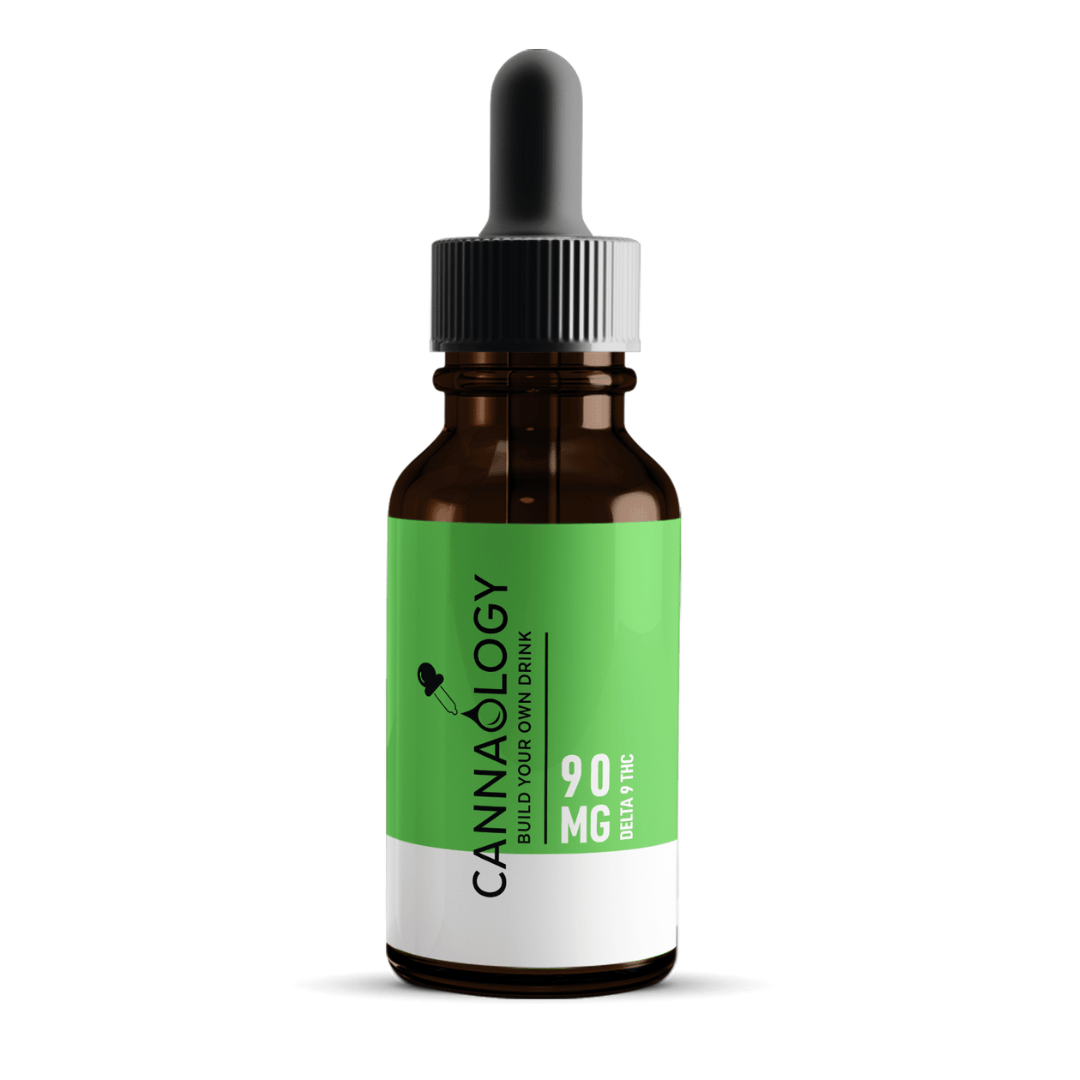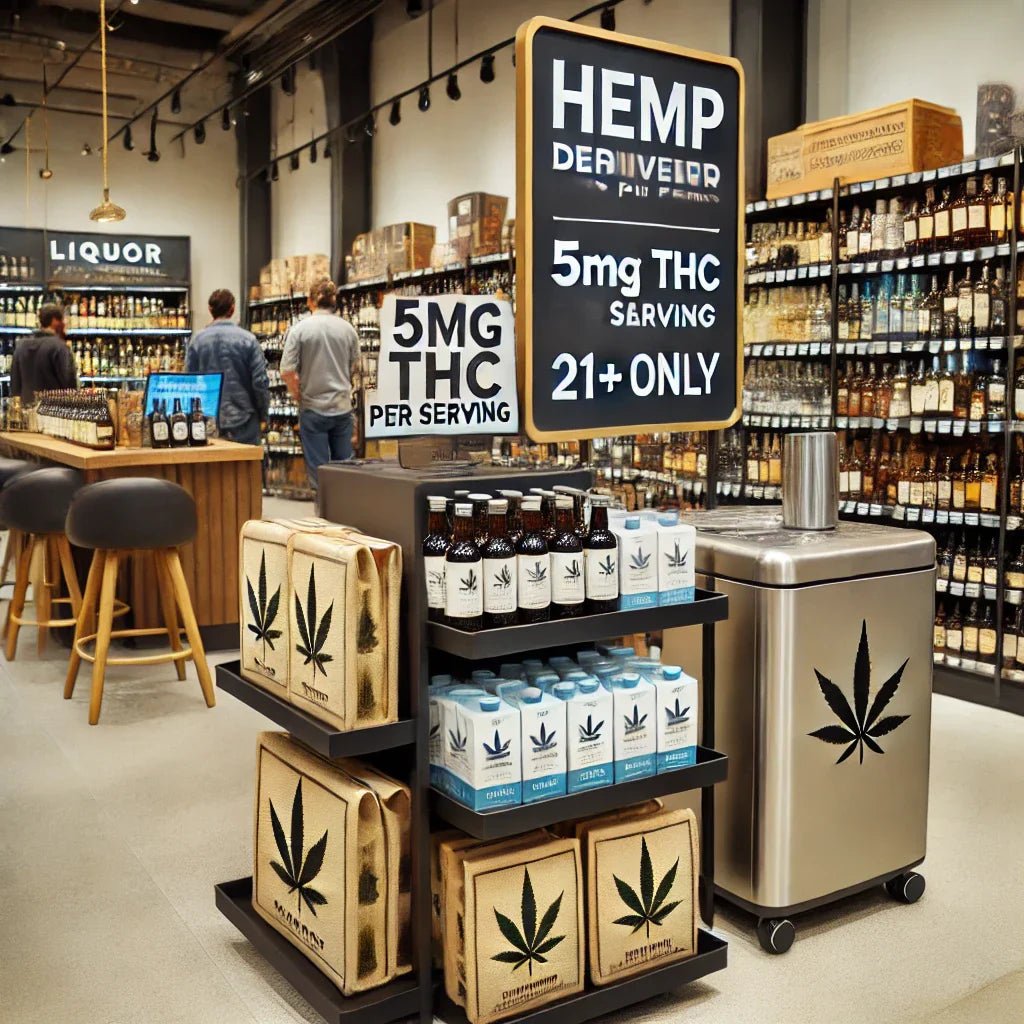he Tennessee legislature is considering a bill that would ban the sale of THCA flower products, raising concerns for hemp businesses, farmers, and consumers alike. While some lawmakers argue that restricting THCA flower is a necessary step for regulatory clarity, this move contradicts the intent of the 2018 Farm Bill, which legalized hemp and its derivatives nationwide. The proposed ban not only harms Tennessee’s hemp industry but also sets a concerning precedent for limiting consumer access to legal hemp products.
The Impact of Banning THCA Flower
THCA flower has gained popularity among consumers for its potential therapeutic benefits, offering a natural alternative to traditional cannabis while remaining federally compliant under the 2018 Farm Bill. Many individuals use THCA flower to manage stress, pain, and sleep disorders without experiencing the immediate intoxicating effects associated with marijuana. By banning THCA flower, Tennessee lawmakers would be eliminating a vital option for consumers seeking non-psychoactive relief.
Additionally, banning THCA flower will have a direct impact on Tennessee’s hemp farmers. THCA flower is one of the most profitable segments of the hemp market, allowing farmers to maximize their revenue and keep their operations sustainable. Restricting this market could lead to financial strain for hemp cultivators, forcing many to pivot to less lucrative sectors or abandon hemp farming altogether.
Retailers, particularly small businesses, would also face challenges. Many hemp stores and dispensaries rely on THCA flower products as a significant portion of their sales. Eliminating this category could force store closures, job losses, and a reduction in consumer choices.
Hemp Businesses Should Be Allowed to Sell THCA Flower
The hemp industry was built on the foundation of providing consumers with natural, accessible, and legally compliant alternatives. Under the 2018 Farm Bill, hemp is defined as cannabis containing less than 0.3% THC by dry weight. Since THCA flower meets these criteria prior to decarboxylation, restricting its sale is an unnecessary and burdensome regulation that undermines the rights of hemp businesses.
Hemp businesses should have the ability to sell THCA flower just like any other hemp-derived product. The decision to use THCA flower should be left to consumers, not dictated by restrictive legislation. Banning THCA flower penalizes responsible businesses that operate within the bounds of federal law, and it creates an uneven playing field where certain hemp products are allowed while others are arbitrarily prohibited.
Rod Knight’s Perspective on THCA Flower
Legal expert Rod Knight has been a vocal advocate for THCA flower, emphasizing that it is a legal product under the current framework of the Farm Bill. Knight explains that the DEA’s position on THCA has been inconsistent, but as long as the product meets federal definitions of hemp at the time of sale, it should remain protected. His analysis underscores the importance of defending hemp businesses against unnecessary legal overreach and ensuring that lawmakers do not misinterpret existing laws to justify restrictive policies.
Knight’s perspective is particularly relevant in Tennessee, where the proposed ban appears to disregard the legal nuances of THCA flower. If lawmakers are concerned about regulatory clarity, they should focus on refining existing guidelines rather than implementing outright bans that harm businesses and consumers.
Rebuttal to the Nay-Sayers: Addressing the Marijuana Industry’s Concerns
Critics, particularly from the marijuana industry, often argue that THCA flower is a loophole and should be considered illegal. However, this argument is flawed. The legality of THCA flower is based on federal law, and as long as the product meets the 2018 Farm Bill’s definition of hemp, it is fully compliant. Unlike marijuana, which remains federally illegal, hemp does not require the excessive regulations that govern state-licensed marijuana markets.
THCA flower can also undergo full-panel lab testing to ensure compliance, safety, and transparency. These tests verify cannabinoid content, potency, and the absence of harmful contaminants, allowing consumers to make informed choices. Unlike marijuana dispensaries, which often operate under heavy restrictions—including armed security, high licensing fees, and corporate dominance—THCA flower is available through independent retailers and small businesses, allowing for more equitable participation in the market.
Furthermore, THCA flower provides consumers with what they want—high-quality cannabis products—without requiring them to visit a dispensary guarded by armed personnel or navigate the restrictive and monopolized marijuana industry. The cannabis industry, especially in states with rigid regulations, has become increasingly dominated by large corporations and wealthy investors, leaving small business owners and minority entrepreneurs with fewer opportunities to compete. By contrast, the hemp industry remains more accessible, allowing small businesses to thrive without the excessive costs and barriers to entry that have made the marijuana sector an exclusive club for the rich.
Consumer Demand and Market Growth
Consumer interest in THCA flower continues to grow, with many preferring it over other forms of hemp-derived products like tinctures or capsules. The ability to purchase high-quality, lab-tested THCA flower gives consumers confidence in what they are consuming, ensuring safety and transparency in the market. Banning THCA flower would likely push some consumers toward unregulated markets, creating a situation where product safety and compliance cannot be guaranteed.
Economic Consequences for Tennessee
Tennessee has benefited from the economic growth of the hemp industry, with many farmers and small businesses thriving under the legal framework established by the 2018 Farm Bill. The hemp sector has provided jobs, investment opportunities, and tax revenue for the state. Restricting THCA flower would hinder this growth, causing ripple effects throughout the industry. Instead of enacting bans, lawmakers should focus on creating clear and fair regulations that support both businesses and consumers.
Public Perception and Law Enforcement Confusion
One of the common arguments for banning THCA flower is the difficulty in distinguishing it from marijuana. Because THCA flower looks and smells like high-THC cannabis, law enforcement agencies have expressed concerns about enforcement challenges. However, this issue should be addressed through improved testing and regulation, not outright prohibition.
Several states have implemented measures to provide law enforcement with tools to differentiate between hemp and marijuana, such as roadside testing kits and improved training. Banning THCA flower is a broad-stroke approach that punishes lawful businesses and consumers instead of addressing enforcement issues with precision.
The Bigger Picture: Restrictive Policies and the Future of Hemp
The hemp industry is still in its early stages of growth, and restrictive policies like Tennessee’s proposed ban could set a dangerous precedent. If THCA flower is banned today, what’s next? Will other hemp-derived products like edibles or topicals be targeted in future legislation? The industry must remain vigilant against policies that limit access to hemp products without legitimate justification.
Rather than banning THCA flower, lawmakers should focus on solutions that support consumer safety, industry growth, and responsible regulation. Implementing clear labeling, quality testing, and consumer education can address many of the concerns raised by policymakers without resorting to outright prohibition.
Conclusion
Tennessee’s proposed ban on THCA flower is a misguided policy that would harm farmers, businesses, and consumers. Hemp businesses should have the right to sell THCA flower just as they do with other federally legal hemp products. Restricting access to THCA flower sets an unnecessary regulatory barrier, limiting economic opportunities and consumer choice.
Instead of banning THCA flower, Tennessee lawmakers should work with industry stakeholders to establish reasonable regulations that ensure safety while allowing the hemp market to flourish. Protecting the rights of hemp businesses and consumers is essential for fostering a thriving and sustainable hemp industry in Tennessee and beyond.







































